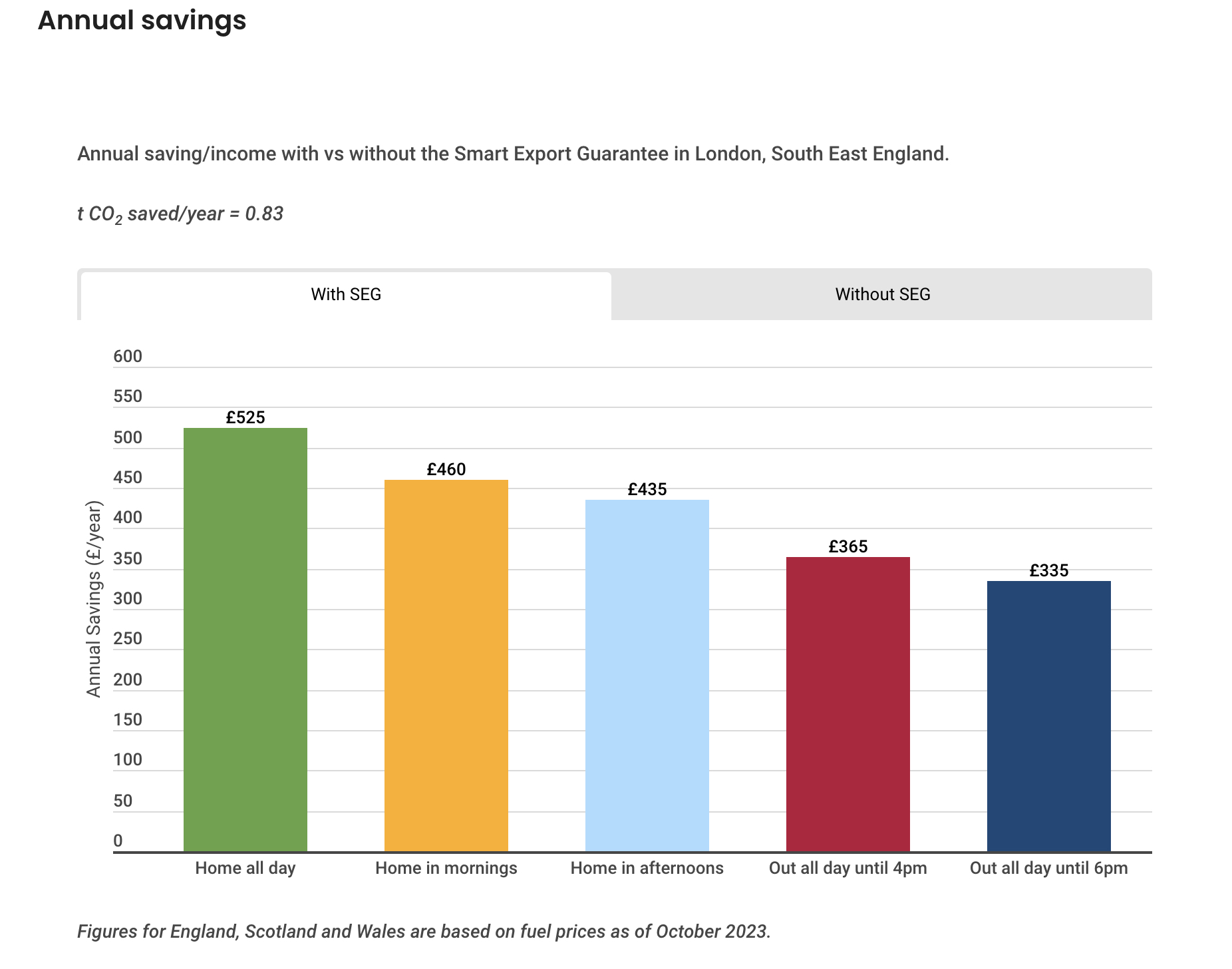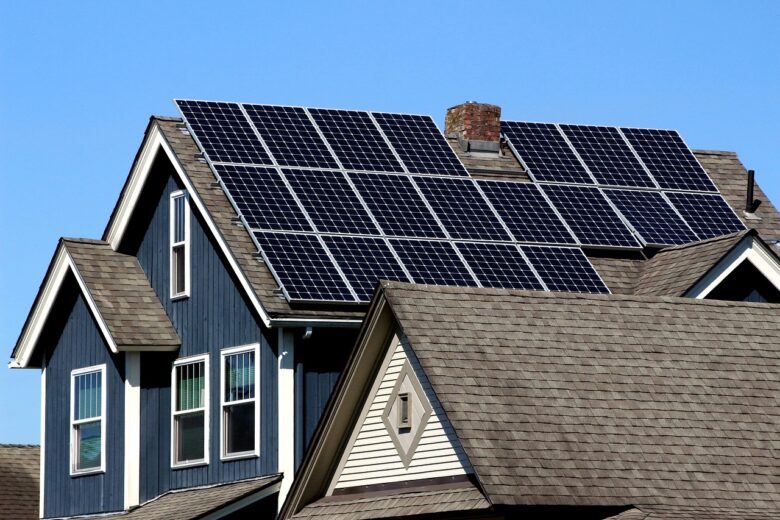The adoption of solar panels for homes has gained significant momentum in recent years, driven by the growing awareness of environmental sustainability and the desire for cutting energy bills. As solar technology continues to advance, homeowners are increasingly curious about the feasibility and benefits of installing solar panels on their properties. In this article, we will explore the various aspects of solar panels for homes, addressing the most commonly asked questions and considerations.
Here’s a quick overview of what we will cover in this article:
- Are Solar Panels Worth It?
- How Solar Panels Work?
- Can Solar Panels Power a House?
- Solar Panels Cost in the UK
- Will Solar Panels Get Cheaper?
- Are Solar Panels Safe?
- Can Solar Panels Be Recycled?
- How to Choose Solar Panels?
Are Solar Panels Worth It?
One of the most frequently asked questions is whether solar panels are worth the investment. The answer depends on various factors, including location, energy consumption, and government incentives. In the UK, solar panels have become an attractive option for homeowners looking to reduce their carbon footprint and energy bills. In 2023, more than 17,000 households installed solar panels every month which is a record year ever. Government-backed schemes, such as the Smart Export Guarantee (SEG), make it financially rewarding to generate excess energy and sell it back to the grid. Sunlight is free, so is this solar electricity.
How Solar Panels Work?
Understanding the functionality of solar panels is crucial in assessing their worth. Solar panels, also known as Solar PV (photovoltaics), harness sunlight through photovoltaic cells, converting it into electricity through an inverter. The process involves the absorption of photons, which generate an electric current. This electricity can then be used to power your home, and any surplus can be stored or fed back into the grid. Solar panels still generate electricity on cloudy days and winters though it’s less efficient than on sunny days.
Can Solar Panels Power a House?
The capacity of solar panels to power a house depends on factors like the size of the solar installation, local weather conditions, the facing of the roofs, and the household’s energy consumption. In the UK, where sunlight may be intermittent, complemented by power from the grid, or combining solar panels with battery storage systems has become a popular solution. Battery storage allows homeowners to store excess energy generated during sunny periods for use during less sunny times or at night. A solar battery system could allow you to use all the electricity generated by your solar panels, which means the entire house could be 100% powered by green and free electricity.
Solar Panels Cost in the UK
The cost of solar panels has been a significant consideration for potential adopters. The good news is that the cost of solar panels in the UK has decreased in recent years, making them a more accessible investment. A typical domestic solar system is 3.5kWp and the cost is around £7,000 including installation. And according to Energy Saving Trust, based on the energy prices in Oct 2023, you could cut energy bills between £285 and £525 per year with SEG, and between £155 and £400 per year without SEG. Government incentives, coupled with the long-term savings on energy bills, contribute to the overall cost-effectiveness of solar panel installations.
The graph below provides a general estimate of the annual savings for households in London and South East England after the installation of solar panels. You can check Energy Saving Trust website for your regions to get an idea on potential savings.

To fully leverage the electricity generated by your solar panels and enhance energy bill savings further, consider integrating a battery storage system. This solution enables you to use all the green energy produced by your solar panels. On average, a domestic battery storage system costs around £4500.
Will Solar Panels Get Cheaper?
Over the years, the cost of solar panels has experienced a substantial decrease. The solar industry is dynamic, with continuous technological advancements and economies of scale contributing to the reduction in solar panel costs. As demand increases and manufacturing processes become more efficient, it is likely that solar panels will become even more affordable in the future.
Are Solar Panels Safe?
It might sound strange, but it’s genuinely a fantastic question! When installed correctly by qualified professionals, solar panels are safe for use on homes and buildings. They are designed with safety features to reduce the risk of fire and built to withstand various weather conditions, including rain, snow, and hail. Moreover, solar panels do not emit harmful radiation during their normal operation and require minimal maintenance, minimizing the need for frequent interventions and associated safety concerns. While solar panels are generally safe, it’s crucial to ensure proper installation and adherence to safety guidelines.
Can Solar Panels Be Recycled?
Environmental sustainability is a key concern for many homeowners considering solar panels. Fortunately, solar panels can be recycled, and the industry is actively working on improving recycling processes. Recycling helps minimize the environmental impact of solar panels at the end of their life cycle, making them a more sustainable choice.
How to Choose Solar Panels?
Selecting the right solar panels for your home involves considering factors such as efficiency, durability, price, warranty and customer service. High-efficiency panels may cost more upfront but can provide better long-term returns. Other factors worth being taken into account include aesthetics, noise level (It’s true that some people said the noise level is a concern), and monitoring software which allows homeowners to manage their solar systems remotely from smartphones. Researching reputable solar panel manufacturers and consulting with experienced installers can help you make an informed decision.
Conclusion
In conclusion, solar panels for homes offer a promising solution for environmentally conscious homeowners aiming to embrace cost-effective renewable energy solutions and reduce their carbon footprint. With decreasing costs, government incentives, and advancements in technology, the overall value of solar panels in the UK continues to rise. As the industry evolves, it’s essential for homeowners to stay informed and consider the long-term benefits of investing in solar energy. Ultimately, the decision to install solar panels hinges on individual circumstances, but the potential for long-term savings and positive environmental impact makes them a compelling choice for many households.



